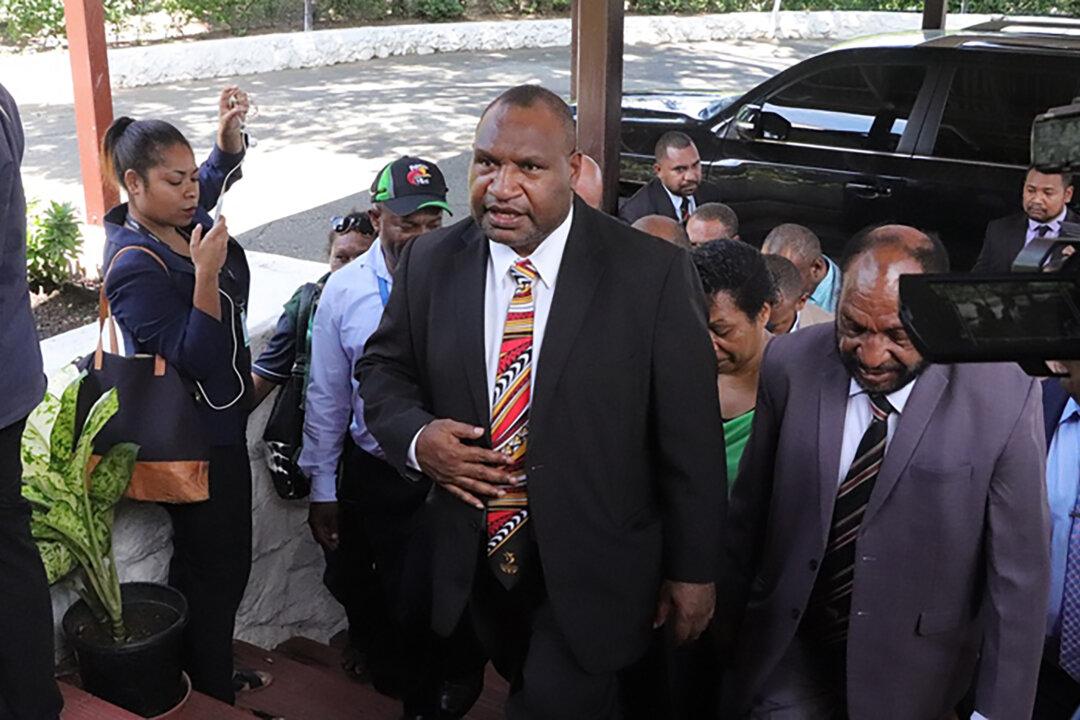The United States and Papua New Guinea (PNG) are set to negotiate a defence cooperation agreement just after the southern Pacific nation agreed to a broad-reaching security agreement with neighbouring Australia.
PNG will send a delegation to Honolulu in February for high-level discussions, but the agreement is expected to be completed by the middle of the year.




